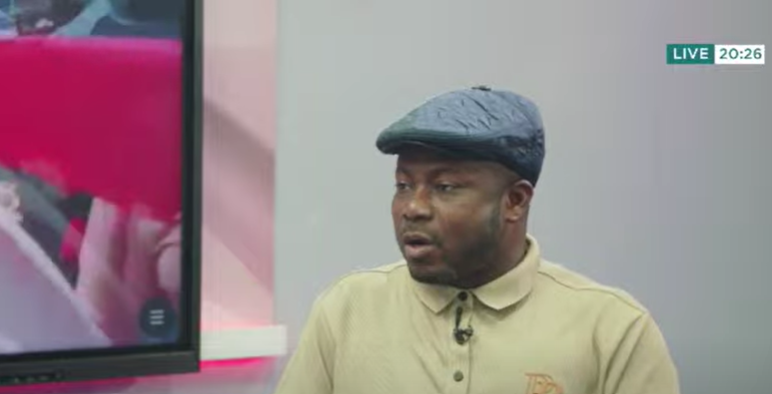The New Patriotic Party (NPP) is embroiled in an internal disciplinary process involving Sarah Adwoa Safo, the former Member of Parliament for Dome-Kwabenya. The proceedings stem from Adwoa Safo’s extended absence from Parliament and her ministerial duties, which significantly impacted the government’s legislative agenda and sparked controversy within the party. While the exact nature of the charges against her remains undisclosed publicly, the NPP has indicated that her actions constitute a breach of party discipline, necessitating a formal inquiry and potential sanctions. The situation is further complicated by the postponement of a scheduled disciplinary hearing, leading to public pronouncements and counter-pronouncements by both Adwoa Safo and the NPP.
The crux of the current disagreement revolves around a scheduled disciplinary hearing on April 7, 2025, which was subsequently postponed. Adwoa Safo arrived at the NPP headquarters for the meeting, only to discover that the Disciplinary Committee was not in session. She publicly expressed frustration, claiming that she had not received any official notification of the postponement and criticizing the party for the perceived lack of communication. This public expression of discontent added another layer of complexity to the already strained relationship between Adwoa Safo and the NPP leadership.
In response to Adwoa Safo’s claims, Haruna Mohammed, the Deputy General Secretary of the NPP, clarified the party’s position. He confirmed that the postponement was indeed communicated, not directly to Adwoa Safo, but to her legal representatives. This procedural detail became the focal point of the ensuing public debate, with questions arising about the efficacy and appropriateness of communicating such crucial information through intermediaries, especially given the sensitive nature of the disciplinary proceedings. The NPP maintains that their communication through legal channels was proper and sufficient.
Beyond the specific issue of the postponed hearing, Haruna Mohammed emphasized the broader purpose of the disciplinary process. He stressed that the aim is not purely punitive, but rather to address internal party matters and seek resolution. This articulation of the NPP’s approach suggests a desire to reconcile with Adwoa Safo and potentially reintegrate her into the party fold, provided she engages constructively with the disciplinary process. He further reiterated the party’s commitment to due process, assuring that Adwoa Safo would be afforded all the necessary rights and privileges accorded to a senior member of the party throughout the proceedings.
The case highlights the delicate balance political parties must strike between enforcing discipline and maintaining unity within their ranks. Disciplinary actions, while necessary to address breaches of party rules and maintain order, can also create internal divisions and potentially damage the party’s public image. In the case of Adwoa Safo, the NPP is navigating this complex terrain, seeking to uphold its internal rules while also acknowledging her standing within the party and the potential for reconciliation.
The ongoing saga involving Adwoa Safo and the NPP underscores the challenges inherent in managing internal party disputes. The public nature of the disagreements, coupled with the involvement of a prominent political figure, has amplified the situation and placed it under intense public scrutiny. The outcome of the disciplinary proceedings and the subsequent actions of both Adwoa Safo and the NPP will have significant implications for the party’s internal dynamics and its broader political standing in the lead-up to future elections. The situation also serves as a case study in the intricacies of party discipline, the importance of clear communication, and the delicate balance between upholding rules and preserving unity.














